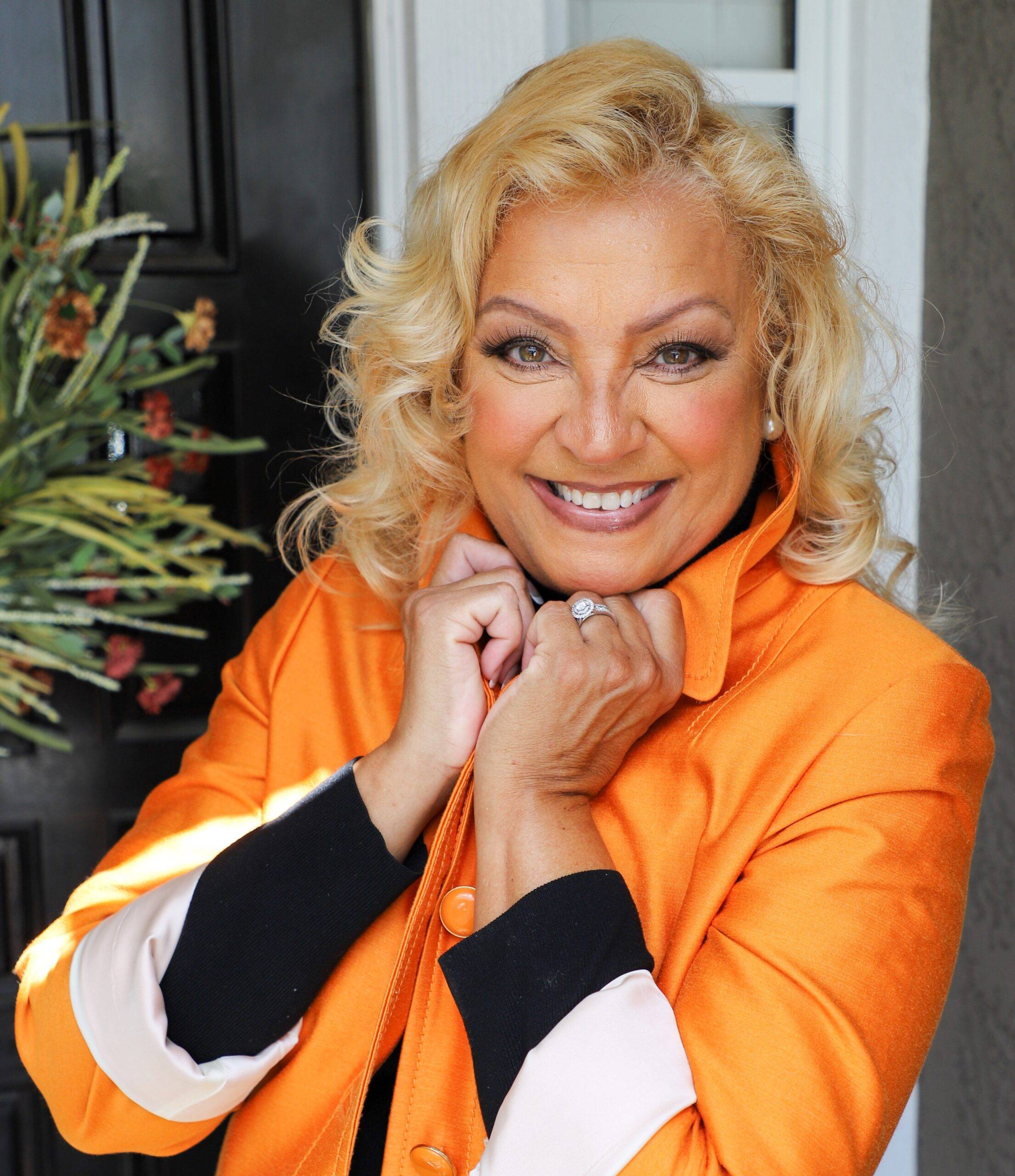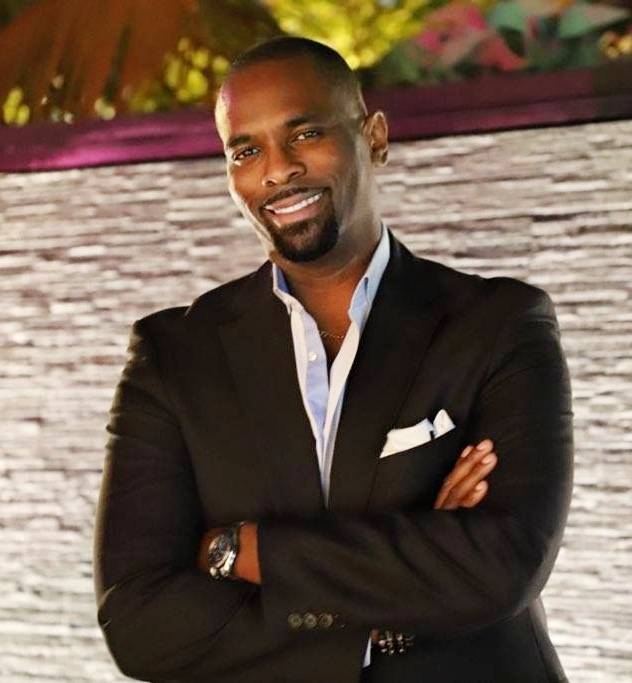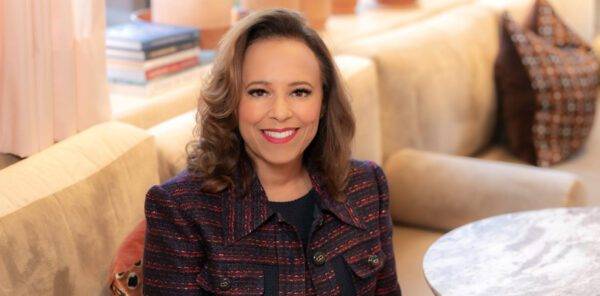Fontana, CA — About 10 years ago, I recall attending an event in Beverly Hills—it was a great party with live music and a DJ. It was crowded, and, as with nightlife events, men and women were on the prowl! Admittedly, so was yours truly.
I came across this beautiful woman who had a fantastic body and was having a great time with her friends. I quickly approached her and said, “May I have this dance?” She smiled, and, sure enough, we danced for quite a while and even managed a slow dance! Boy oh boy—looks like I’ve met a winner.
As the event ended, I asked for her phone number, and she gave it to me without hesitation. I wasn’t worried if she thought I was “thirsty” or a stalker. I called her the next day to make sure she got home, and then we scheduled a date. We met for lunch at a nice restaurant in Los Angeles, and that’s when I got the sobering information.
I’m going through a divorce.
It turns out she was ending a 22-year marriage and was a stay-at-home wife. The division of assets took years, and she had been in court proceedings for at least two years. But that didn’t stop her from dating. Still, I looked at her with a smile and said, “You’re such a cool person and quite beautiful — but you are not in any position to date. At least not me. You’re not emotionally available for a relationship.”
I knew this because I had been there myself. It took me nearly three years after my divorce before I was truly emotionally available again. Before that? I unknowingly wasted women’s time, giving off the impression that I was open to partnership when I wasn’t. That woman eventually admitted I was right—she wasn’t ready. Today, she’s happily dating, and the idea of marriage still makes her stomach turn.
The Lesson: Emotional Detox is Real
Everyone dating—whether on apps, at mixers, or casually—is often not emotionally available for a committed relationship. Many are just looking for fun or a distraction. But dating while still carrying emotional baggage from a past relationship can be risky—not only for the person who hasn’t healed but also for the unsuspecting partner who invests time, energy, and heart.
What Black Relationship Experts Say
Black researchers and therapists often highlight that healing involves extra layers in the Black community, where historical trauma, cultural expectations, and systemic stressors add to relationship challenges.
Dr. Thema Bryant, a clinical psychologist and current president of the APA, points out that unresolved pain can lead to cycles of avoidance or attachment that recur in new relationships. She emphasizes the importance of “grieving fully before leaping forward.”
Dr. Alduan Tartt, a Black psychologist who specializes in relationships, points out that many Black men and women often skip the healing process because of community pressures—whether it’s family encouraging remarriage, church expectations, or simply the fear of being alone. This leads to a pattern where people “date to fill a void” rather than to form genuine connections.
Dr. Janice Gassam Asare, who writes about relationships and identity, highlights that Black couples, in particular, may face stigma if they admit they need therapy after a breakup. This stigma often delays the healing process.
How Long Does Healing Take?
Research suggests that recovery time depends on the depth of the relationship:
Dating breakups: On average, people report it takes about 3–6 months to feel ready to date again after a meaningful relationship.
Divorce or long-term partnerships: Several studies (e.g., Journal of Divorce & Remarriage) indicate it takes about 2–3 years for most people to regain emotional balance and feel ready to fully engage in another committed relationship fully.
Psychologist Dr. Guy Winch states that it’s not just about time, but whether a person has processed grief, restored self-esteem, and learned from the previous relationship.
What Happens If Someone Isn’t Fully Healed?
Entering a relationship prematurely can lead to:
- Emotional unavailability – they may enjoy companionship but can’t fully commit.
- Projection – unresolved hurt gets projected onto the new partner, creating unnecessary conflict.
- Time-wasting – one person may believe they’re building toward partnership, while the other is just “filling space.”
- Trust issues – baggage from a previous partner may unfairly color the new relationship.
How to Talk About Relationship Capacity
If you’re thinking about someone new, here are respectful ways to assess where they stand:
- Ask directly: “Do you feel emotionally available for a committed relationship right now?”
- Listen for clarity, not hope: If they’re uncertain, don’t assume you can “love them into readiness.”
- Pay attention to actions: Are they still in frequent contact with an ex? Do they describe themselves as “just having fun”?
- Share your needs: Be upfront about your intentions so there’s no misunderstanding.
- Know when to walk away: Recognize that someone else’s healing timeline is not yours to manage.
Healing after a breakup isn’t about pausing life—it’s about making sure you don’t start a new chapter carrying the leftovers of the old one. Especially for the Black community, giving ourselves permission to heal without judgment is a radical act of self-care and a protection against cycles of pain.
The true goal isn’t just finding love again — it’s being enough of a whole person to recognize it when it shows up.





